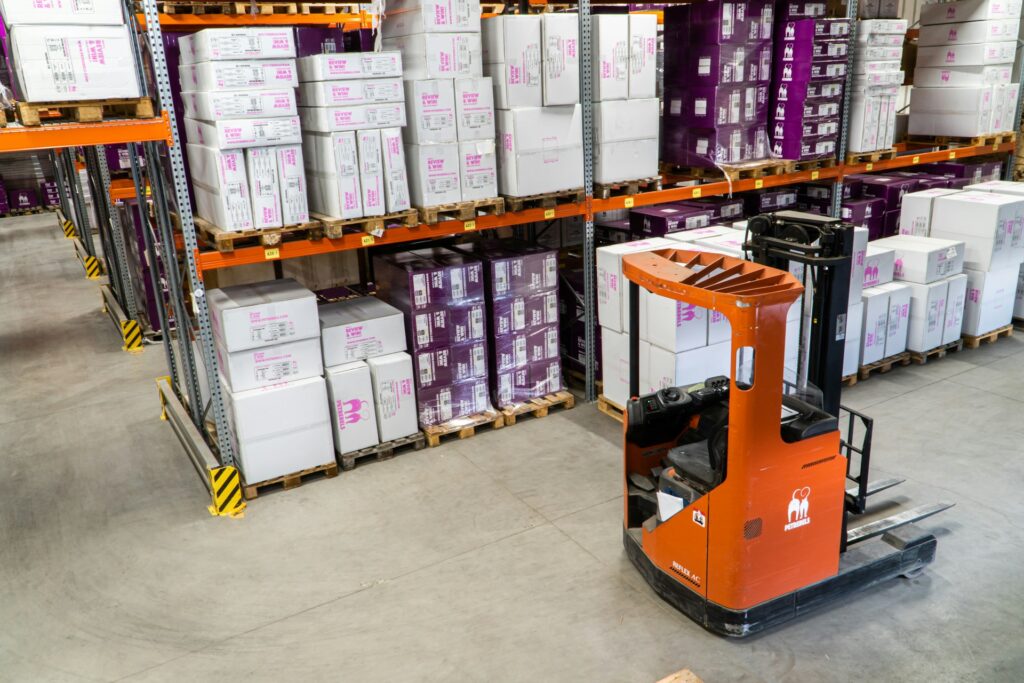Manufacturing can be tricky to get right. The “seven deadly sins of manufacturing” categorizes inefficiencies that can impact a company’s productivity and profitability. These manufacturing sins include transportation waste, inventory overload, motion waste, increased waiting times, overproduction, over-processing and product defects. Some of these sins can be easy to spot and address, whereas others can be harder to identify and fix. Regardless, all manufacturing sins can impact an organization’s efficiency, productivity and profitability.
Learning about these issues can help an organization identify and prevent these issues from impacting business operations any further.
Delivering products in a timely manner to manufacturing customers is important in building that manufacturer-vendor relationship. Waste created by unnecessary movement of raw materials, finished products or work in progress pieces can make it difficult to meet expected shipping dates, which can lead to an increase in costs and unhappy customers.
Transportation waste can result in poor plant design, such as large distances between operations. Additionally, waste can be created by large batch sizes, poorly designed production systems and multiple storage facilities, as well as inefficient material flows.
Value stream mapping (VSM), a manufacturing technique for analyzing, designing and managing the flow of materials throughout a product’s lifecycle, can be effective in identifying transportation waste. Leveraging VSM can help manufacturing organizations analyze and reorganize the flow of materials and information throughout the transportation process.
In addition to this, VSM can create a visual guide of all necessary components to deliver a product or service, with the goal of analyzing and optimizing the manufacturing production process. A visual guide allows employees to access real-time insights into the transportation process and how to reduce waste in this specific area, as well as includes information on cycle times, equipment effectiveness, lead times, waiting times and inventory.
Manufacturing waste can be reduced and even eliminated by utilizing the right tools and ERP solutions. Manufacturing organizations should take note of these seven deadly sins and ensure that the right software is in place to streamline the production lifecycle.
Global Shop Solutions delves deeper into the seven deadly sins and how you can avoid them, here.





